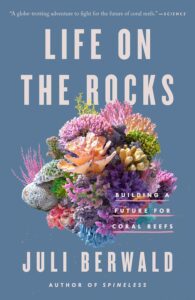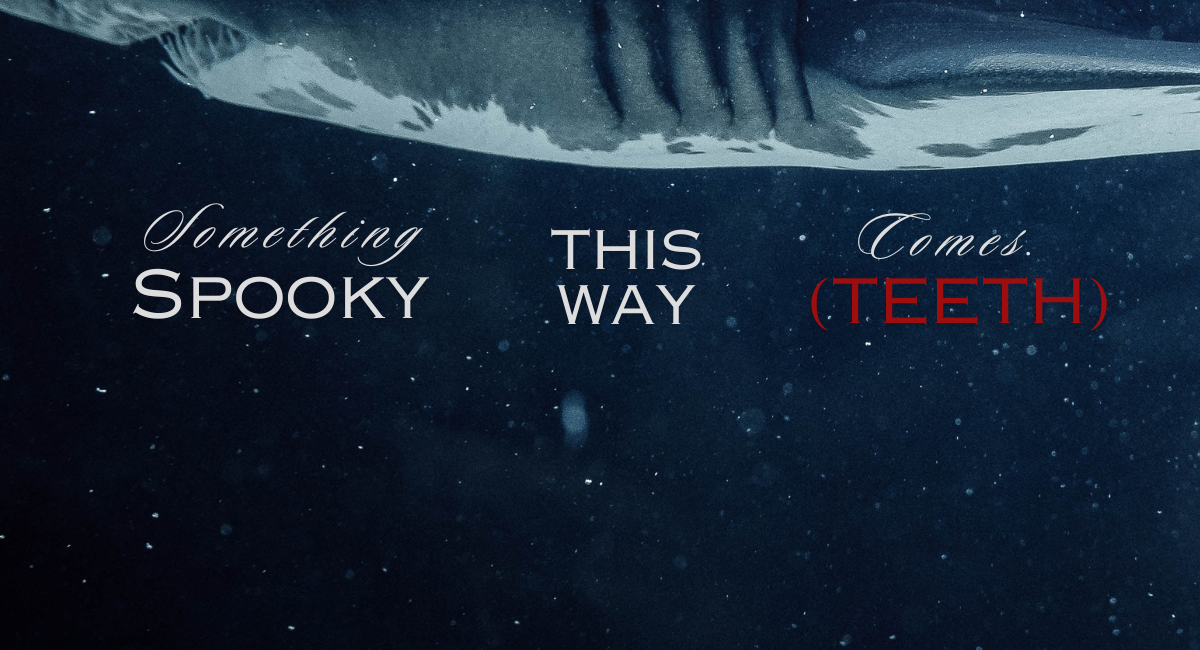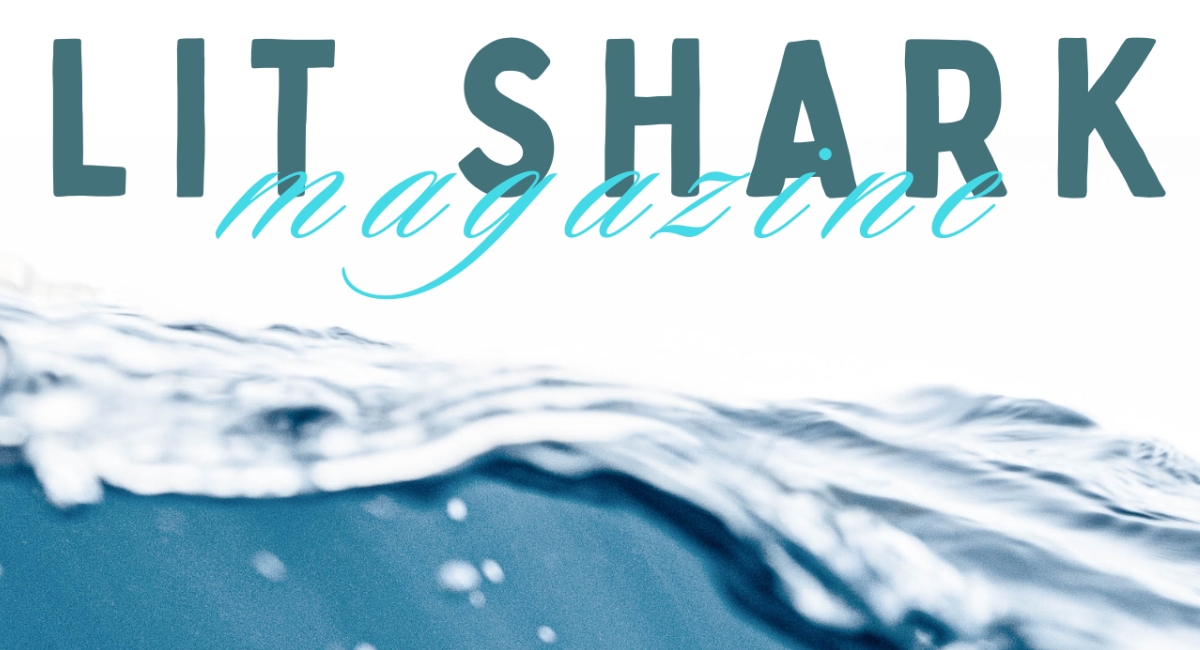Did you know that coral reefs absorb up to 97% of the energy of the waves that reach the shoreline? At Teahupo’o Reef in Tahiti, that is a massive amount of energy generated every winter by the south swells that hit their islands.
Coral reefs act as a natural buffer protecting our coastlines from erosion, flooding, and property damage. They are a vital source of food, medicine, and shelter. Not to mention the aesthetic and cultural value they give to coastal communities or the daily adrenaline rush experienced by surfers riding perfect reef waves. Over the centuries, the Teahupo’o shelf has formed a flawless natural liner and helped create one of the greatest wonders of this planet for surfers, locals, and tourists alike.
But where the locals used to have to worry about global warming, they now have to worry about something very different: the 2024 Paris Games.
The Tahitian Surfing Site of the 2024 Paris Olympics Fighting to Protect Its Reef
It’s France’s turn to host the 2024 Olympics, so the logical place to hold the surfing competition is with the world’s “most beautiful wave” found in Teahupo’o.
Because of the powerful economic incentives for the local government and numerous local contractors, the project has been pushed through with no ecological impact study. But plans for the oversized aluminum judging tower that will sit over the reef require a new base.
Every year, a wooden tower is erected and taken down. It uses the same foundation that has been in place for years. But the new tower will require drilling into the reef and redoing the previous work that has been functioning for well over two decades. The 72 drill holes will be four meters (over 13 feet) long/deep to support the three-story-high tower. A 20-centimeter-wide by 800-meter-long pipe for electric cable, wastewater evacuation, and internet fiber optic cable will run from the tower to the coastline, as well.
An assessment was done 12 years ago by IFRECOR, a French NGO that works for the preservation of coral reefs. They warned that any degradation of the reef could have dire consequences. The disruption of coral has been known to augment levels of ciguatera, a dangerous neurotoxin that comes from microalgae that grows on dead coral, which will impact the fish population that is depended on as a main source of food and economic income.
In addition, the structure of the wave could be altered (also called “breaking the wave“) by the degradation of fault lines in the reef. The wave at Teahupo’o is one of the most famous breaks in the world and is the primary draw of tourism and industry for this small village.
Back on October 10, representatives of the environmental organization Mata Ara la Teahupo’o, local residents, and surfers came together for a press conference to voice their concerns about the construction plans on their reef for the Paris Olympics 2024 surf competitions.
“‘Worried’ is a good word to describe our feelings today,’ said Tahurai Henry, a local surfer and guesthouse owner. “From the beginning, all of the work we’ve seen has been destructive and polluting. Now we’re learning that the same companies will be in charge of building the judge’s tower, and we’re scared. I don’t trust these companies at all… We don’t see the purpose of radically changing Teahupo’o forever, for only four days of competition.”
Ironically, the Paris 2024 Olympics has claimed that it is focusing on the environment and sustainability for the games. Former French Polynesian President Edouard Fritch previously stated, “The 2024 Olympic Games will adapt to the Teahupo’o site and not the other way around.”
With plans in effect to create this new aluminum tower, plus building an invasive athletes’ village with truck after truck of gravel and dirt being scheduled to roll in through the village each day, to fill and flatten the local’s taro field… Hopefully, the planners of the 2024 Paris Games will remember their own promise.
Since October 10, a petition has been launched, collecting 150,000 signatures to present the team with an alternate plan to preserve the Reef.
Sign the Petition
Updates are being maintained at the official Save Teahupo’o Reef website, which also hosts a petition to renounce the plan to build on the reef for the sake of “three days of games.”
They’re really, REALLY close to having enough signatures! 144,525 signatures out of 150,000 in under three weeks is wildly impressive! But they need a little more help before they can take this issue to the Government of the Country to renounce the new Arbitration Tower of the 2024 Olympics, the drilling of the platform, and the establishment of the underwater pipelines, and instead propose the use of the usual wooden tower for the surfing competition of the 2024 Olympics.
Learn More
 While not specifically about Teahupo’o Reef, we recommend reading Life on the Rocks: Building a Future for Coral Reefs by Juli Berwald, which details the importance of coral reefs to our oceans, ecosystem, and land animals—and how we can best support them.
While not specifically about Teahupo’o Reef, we recommend reading Life on the Rocks: Building a Future for Coral Reefs by Juli Berwald, which details the importance of coral reefs to our oceans, ecosystem, and land animals—and how we can best support them.
Read Life on the Rocks: Building a Future for Coral Reefs by Juli Berwald
FINALIST FOR THE L.A. TIMES BOOK PRIZE
NAMED A BEST BOOK OF THE YEAR BY THE NEW YORKER AND BOOKLIST
The story of the urgent fight to save coral reefs, and why it matters to us all
Coral reefs are a microcosm of our planet: extraordinarily diverse, deeply interconnected, and full of wonders. When they’re thriving, these fairy gardens hidden beneath the ocean’s surface burst with color and life. They sustain bountiful ecosystems and protect vulnerable coasts. Corals themselves are evolutionary marvels that build elaborate limestone formations from their collective skeletons, broker symbiotic relationships with algae, and manufacture their own fluorescent sunblock. But corals across the planet are in the middle of an unprecedented die-off, beset by warming oceans, pollution, damage by humans, and a devastating pandemic.
Juli Berwald fell in love with coral reefs as a marine biology student, entranced by their beauty and complexity. Alarmed by their peril, she traveled the world to discover how to prevent their loss. She met scientists and activists operating in emergency mode, doing everything they can think of to prevent coral reefs from disappearing forever. She was so amazed by the ingenuity of these last-ditch efforts that she joined in rescue missions, unexpected partnerships, and risky experiments, and helped rebuild reefs with rebar and zip ties.
Life on the Rocks is an inspiring, lucid, meditative ode to the reefs and the undaunted scientists working to save them against almost impossible odds. As she also attempts to help her daughter in her struggle with mental illness, Berwald explores what it means to keep fighting a battle whose outcome is uncertain. She contemplates the inevitable grief of climate change and the beauty of small victories.






0 Comments
Trackbacks/Pingbacks